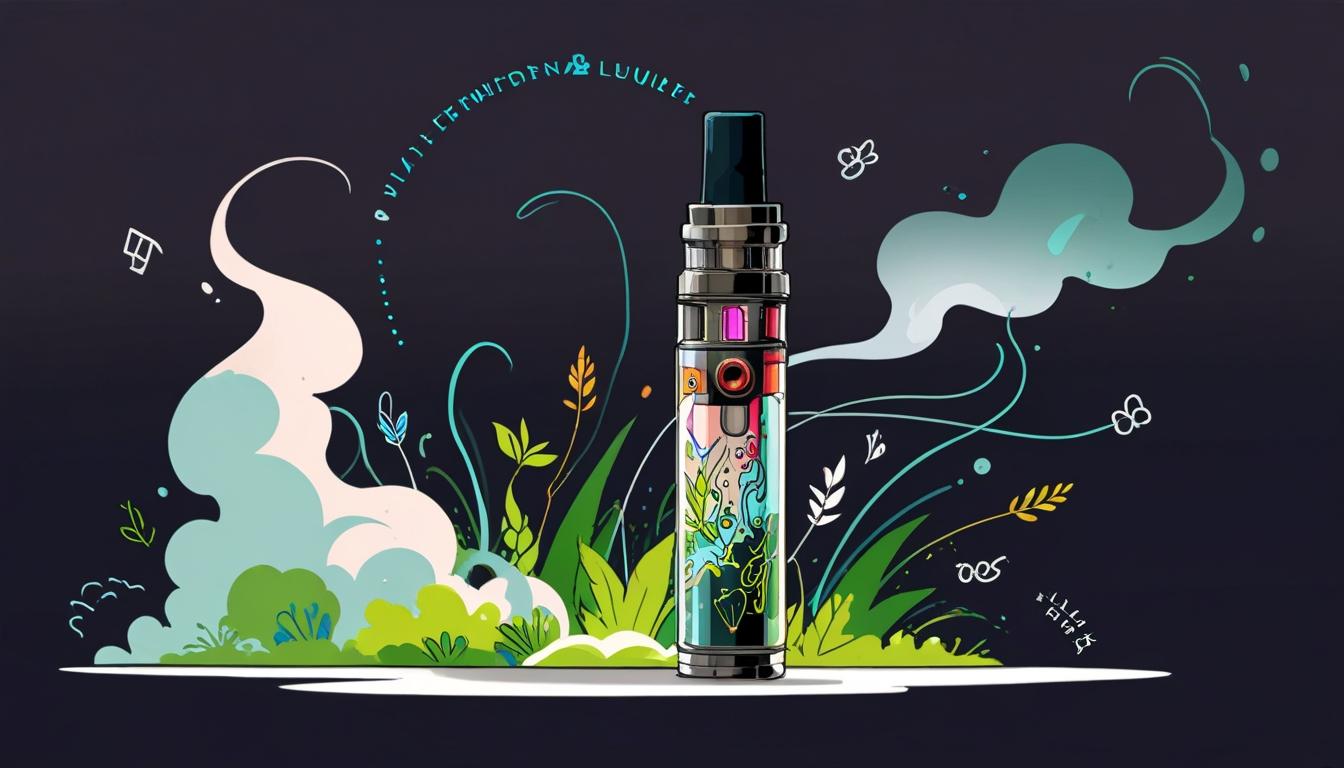Japan Tobacco International (JTI), renowned for brands like Benson & Hedges, has recently acquired a controlling interest in Flavour Warehouse, the largest independent vape company in the UK. This strategic move, which grants JTI over 50% but less than 75% of Flavour Warehouse's shares, aligns with the company's aim to strengthen its foothold in the rapidly evolving vaping market. According to filings with Companies House, JTI's intent with this investment is to expand its portfolio of reduced-risk products, stepping beyond traditional heated tobacco sticks.
Flavour Warehouse, founded in 2013, boasts a sizeable operation, featuring one of Europe’s largest e-liquid production sites spanning 115,000 square feet. The company employs around 100 individuals and is known for its flagship brand, Vampire Vape, alongside a diverse range of white-label products for significant players in the industry. In recent years, Flavour Warehouse has demonstrated robust growth by expanding its European presence through acquisitions, including German-based Trulo GmbH and UK’s Vapouriz in 2021, as well as various vape juice manufacturers. With distribution hubs in England, Ireland, and Germany, the company serves over 80 countries globally, operating both an online presence through Vapestore.co.uk and multiple physical retail outlets.
The decision for JTI to delve deeper into the vaping sector is underscored by the troubling decline in traditional tobacco products. Recent reports indicate a drop of 5.9% in the overall UK cigarette category, driven by a staggering 15.2% decline in volume sales. In contrast, the vape category has been more resilient, although it faced a slight decline of 0.9% in unit sales last year. Major tobacco brands, such as Imperial’s Blu and British American Tobacco’s Vuse, dominate this sector, yet a significant proportion of the market remains occupied by Chinese brands, highlighting the intense competition within the industry.
However, this burgeoning sector is not without its challenges. A report from Material Focus highlights environmental concerns associated with the vaping market, revealing that more than 90% of vape producers and retailers fail to meet essential environmental regulations. Despite legal obligations, few vape and vape juice manufacturers have registered to comply, and the recycling of disposable vapes remains alarmingly inadequate. The increasing popularity of these devices, particularly single-use vapes, poses considerable environmental risks due to poor disposal practices.
Moreover, the vaping industry is facing regulatory scrutiny, with impending legislation aimed at curbing the sale of disposable vapes expected to come into effect by June 2025. Reports indicate that sales of disposable vapes have declined by an alarming 56%, reflecting pre-regulatory shifts in consumer behaviour. Brands like Elfbar and Lost Mary have begun to adapt by introducing reusable products with replaceable pods in anticipation of these changes. Nonetheless, critics express concern that these adaptations may still lead to increased waste due to consumers' perceptions of reusability.
As the landscape continues to evolve, JTI's investment in Flavour Warehouse appears timely. The vaping market presents both opportunities and challenges—while demand grows, so does the pressure to adhere to environmental and regulatory standards. The ongoing shift from traditional tobacco products may define the future of the industry, pushing companies to innovate responsibly amidst evolving consumer preferences.
Reference Map
- Paragraphs 1, 2, 3, 4, 5
- Paragraph 3
- Paragraph 4
- Paragraph 5
- Paragraph 5
- Paragraph 5
- Paragraph 5
Source: Noah Wire Services
